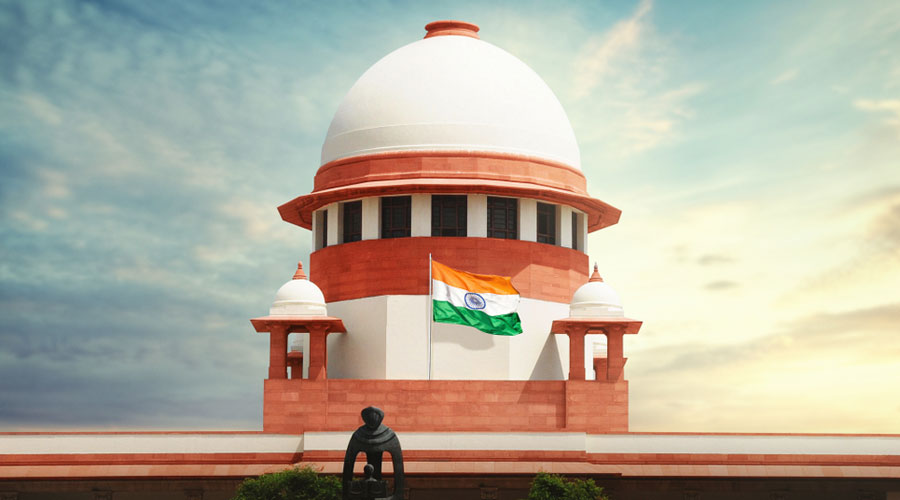The Supreme Court of India has made it clear that the ineligibility of a named arbitrator doesn’t necessarily nullify the arbitration clause itself. This principle underscores the separability of the arbitration agreement from the rest of the contract, emphasizing that parties’ intent to arbitrate disputes remains valid even if the originally named arbitrator is ineligible.
Key Aspects of the Ruling-
Separability of Arbitration Clause: An arbitration clause is treated as an agreement independent of other contract terms, surviving even if the main contract is deemed invalid (Bombay High Court ruling).
Party Autonomy: Courts respect parties’ choice of arbitration as a dispute resolution mechanism, intervening minimally.
Appointment of Arbitrator: If a named arbitrator is ineligible, courts can facilitate appointment under Section 11(6) of the Arbitration and Conciliation Act, 1996.
Interpretation of Arbitration Clauses: Courts interpret clauses pragmatically, focusing on dispute resolution intent rather than narrow restrictions.
Relevant Precedents and Principles- Duro Felguera, S.A. v. Gangavaram Port Limited (2017): Supreme Court emphasized minimal judicial intervention in arbitration agreements.
Tarun Dhameja v. Sunil Dhameja & Anr. (2024): SC clarified arbitration isn’t ‘optional’ if an agreement contains an arbitration clause.
Raja Transport (P) Ltd.: Courts should give effect to arbitration agreements, referring disputes to named arbitrators as the rule.
Implications-
Continuity of Arbitration Process: Ineligibility of a named arbitrator doesn’t invalidate the arbitration clause.
Judicial Intervention: Courts step in for arbitrator appointment when parties can’t agree.
Drafting Importance: Clear arbitration clauses help avoid disputes on interpretation.
The Supreme Court of India has ruled that the ineligibility of a named arbitrator doesn’t nullify the underlying arbitration clause, emphasizing the separability and intent of parties to arbitrate disputes. This underscores party autonomy and minimal judicial intervention in arbitration agreements. Even if the originally named arbitrator is disqualified, courts can facilitate appointment of another arbitrator under Section 11(6) of the Arbitration and Conciliation Act, 1996, ensuring the arbitration process survives. The ruling reflects the court’s pragmatic approach to uphold arbitration as a viable dispute resolution mechanism, respecting parties’ contractual intent.

